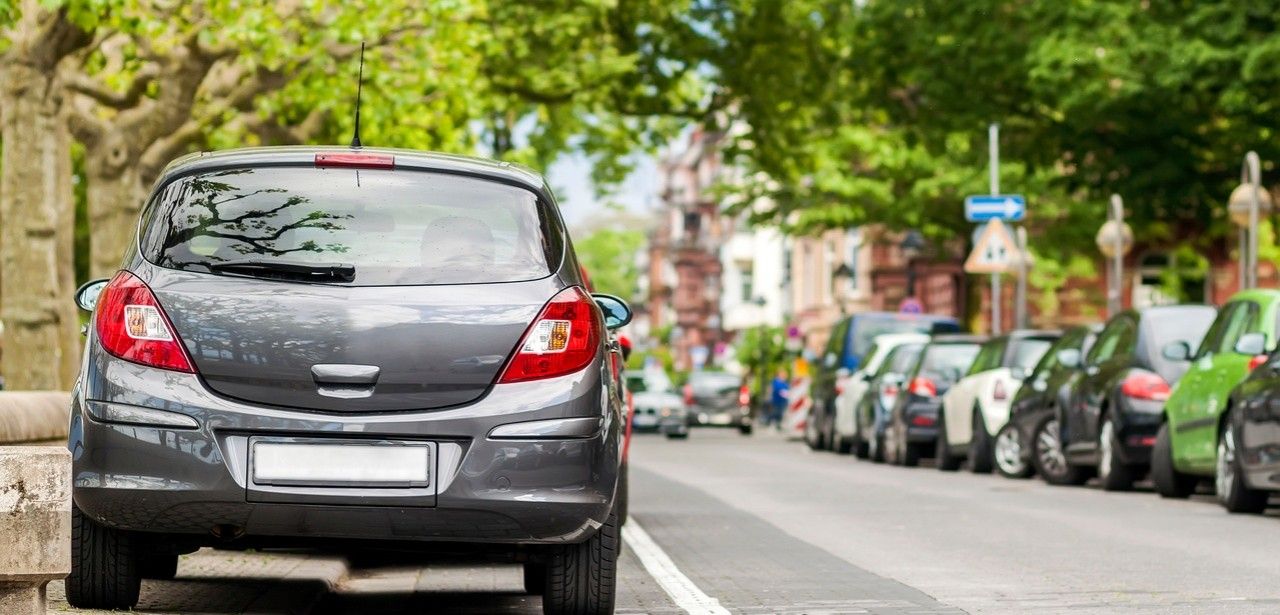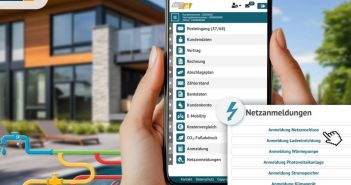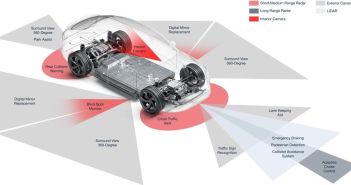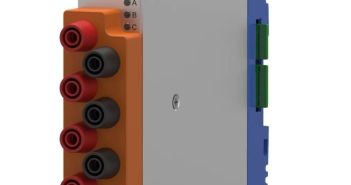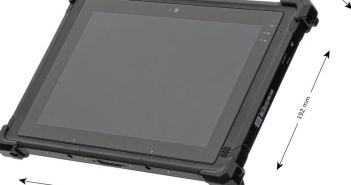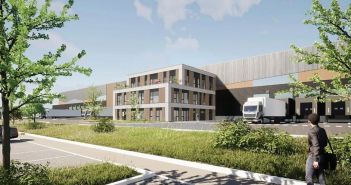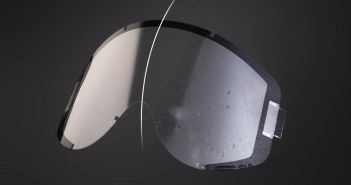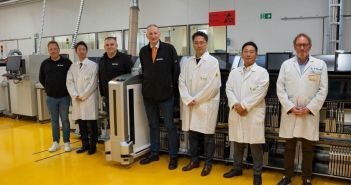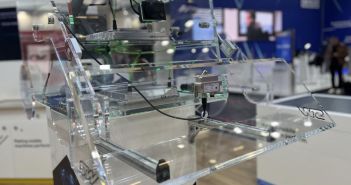Hyundai Mobis, a leading provider of advanced driver assistance systems (ADAS) and parking technologies, recently unveiled its latest developments in autonomous parking. Thanks to the fusion of video-based sensors and advanced technologies, the era of stress-free and comfortable parking is within reach.
Table of Contents: What awaits you in this article
Hyundai Mobis consolidates position in high performance parking control
With the unveiling of the “MPS 1.0P (Premium)”, Hyundai Mobis has further developed its next-generation parking control system and further consolidated its leading position in the field of high-performance parking control. The integration of advanced technologies and core elements has contributed to this success.
An outstanding feature of this technology is the “Memory Parking Assist” (MPA). In path-learning mode, the vehicle can learn to park itself, enabling the driver to park easily and autonomously at the touch of a button.
Parking technology on a new level: robotics and sensor fusion
The core of this advanced parking technology lies in the fusion of video-based sensors such as ultrasonic sensors and SVM cameras. Using robotic techniques, the system can autonomously park a distance of up to 100 meters while simultaneously capturing vehicle location and map information.
Innovation for easy parking in Europe and China
Europe and countries such as China, where designated parking areas or private garages are widely used, are expected to benefit from Hyundai Mobis’ advanced parking technology. Drivers can effortlessly manage parking by remotely parking the vehicle in the same spot where it was previously successfully parked. This technology provides a stress-free and reliable solution for parking.
Ultrasound and SVM cameras revolutionize parking technology
Hyundai Mobis has created an innovative solution with its next-generation parking control system. By eliminating the need for expensive radar or lidar sensors and using ultrasonic and SVM cameras, this system offers outstanding parking assistance at an attractive price. It is expected that this system will spread quickly and generate great demand worldwide. This system will have a lasting impact on vehicle technology.
Hyundai Mobis improves RSPA with parking line detection for autonomous parking
Hyundai Mobis’ Remote Smart Parking Assist (RSPA) has been improved and now has an additional parking line detection function. The system uses ultrasonic sensors to detect not only parking spaces but also parking lines. This makes it possible to autonomously park the vehicle in empty parking spaces without neighboring vehicles. The driver can activate perpendicular and parallel parking simply by pressing a button, without using the steering wheel.
Industry leaders discuss vehicle fleet innovations at AutoSens conference
From September 19-21, the AutoSens conference will take place in Brussels, Belgium, showcasing the latest advances in vehicle fleet innovation. Automotive professionals will explore the possibilities of ADAS and autonomous driving technologies and share their insights and experiences.
Hyundai Mobis has announced that it will focus its research and development efforts on fully unmanned autonomous parking (AVP: auto valet parking). The company will also introduce its “e-Corner System,” which includes innovative techniques such as “crab driving” and turning on the spot. Hyundai Mobis striving to be a pioneer in the future mobility market.
Hyundai Mobis has taken parking to a new dimension with its advanced parking technologies. Memory Parking Assist enables stress-free parking by allowing the vehicle to learn the parking process on its own and park autonomously with just the push of a button from the driver. Remote Smart Parking Assist has also been enhanced to support autonomous parking in empty parking spaces without surrounding vehicles. The presentation at the AutoSens conference highlights the importance of these technologies for the future of vehicle parking and shows Hyundai Mobis as a pioneer in the field of autonomous driving.


